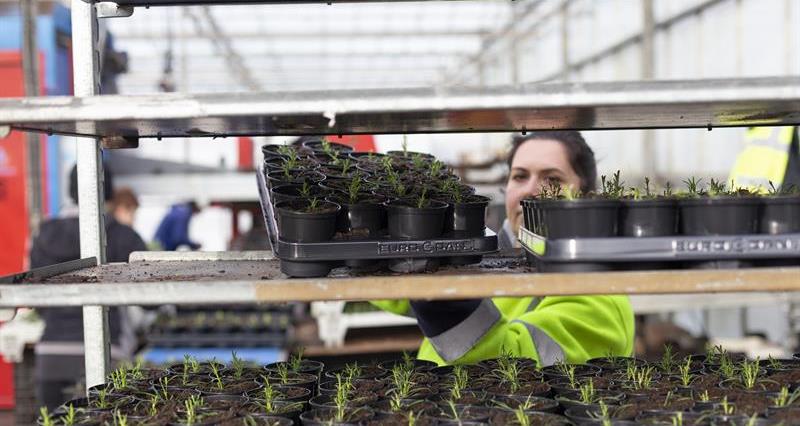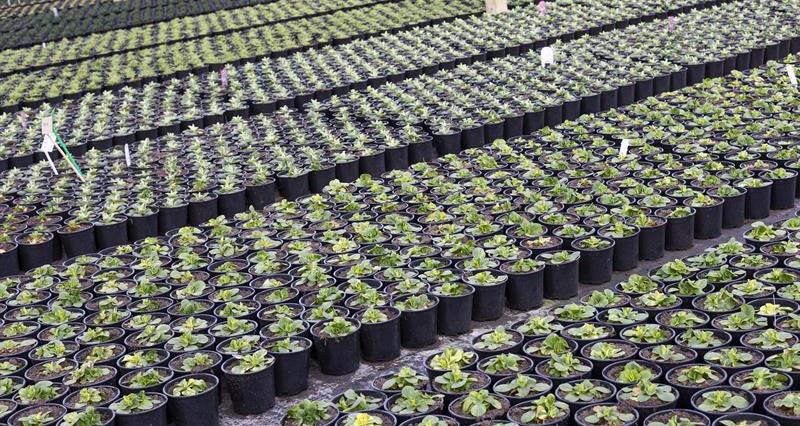British growers are set to save thousands of pounds following changes to the border inspection regime for young plants, as a result of significant NFU campaigning.
The changes will introduce a flat-rate inspection fee of around ┬г27 for all imports of young plants, regardless of their destination. This is reduced from around ┬г200 and will result in a significant saving for growers.
Victory for growers
We highlighted to Defra the unfairness in the previous inspection regime, which charged a significantly lower inspection fee of around ┬г20 for plants destined for retail and urged them to introduce a flat-fee for all inspections, regardless of destination.
тАЬThis is a significant victory for growers, which will save them thousands of pounds and move away from an inspection regime that unfairly penalised growers importing plants.тАЭ
Martin Emmett, NFU Horticulture and Potatoes board chair
NFU Horticulture and Potatoes board chair Martin Emmett said: тАЬThis is a significant victory for growers, which will save them thousands of pounds and move away from an inspection regime that unfairly penalised growers importing plants.
тАЬThis is a great example of government understanding growersтАЩ concerns and finding a practical solution that works for both growers and retailers.тАЭ
Temporary solution
He went on to say: тАЬWhile it is only temporary, until the cost of the plant import process post-Brexit can be fully assessed, I know growers will be pleased with this announcement, particularly given the backdrop of rapid inflation increasing costs.
тАЬThere remains work to be done on other border issues, such as handling charges at ports, and the NFU is continuing to receive clarification on these as soon as possible.тАЭ
Border Control Points
From 1 July, Border Control Points will be introduced for goods coming into Great Britain. Importers bringing plants and plant material into the UK will have to go through a Border Control Point.
No guidance from government
Currently, government has yet to publish any guidance on how businesses use the service, including how product flows into and out of the Border Control Point, how much the service will cost growers to use and how its protocol will work regarding biosecurity.
Inspection regime needed based on data and science
In a separate consultation, the NFU has reiterated to Defra the importance of an inspection regime that is based on data and science around the probability of a pest or disease being found in an imported product.
Defra is in the process of collecting data that will better enable inspections to be set at appropriate, risk-based levels.
╗╩╝╥╗к╚╦believes GB growers should be given biosecurity тАШcreditтАЩ not just for the processes they have undertaken in producing a finished plant, but also for the processes they will undertake in growing-on imported propagation material.
The frequency of risk-targeted plant health import inspection should consider and reflect that production is happen under GB regulatory control, and the long-term relationships between GB growers and GB Plant Health Services.
Find out more about our work on plant health

